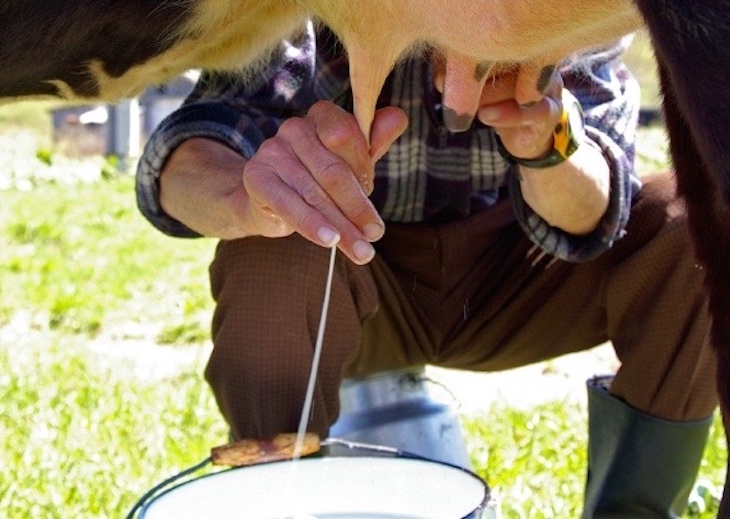A Tennessee E. coli raw milk outbreak sickened two infants in 2022, according to a study conducted by the Centers For Disease Control and Prevention (CDC) and published in their weekly Morbidity and Mortality Weekly Report. One of the babies developed hemolytic uremic syndrome (HUS) and became seriously ill. The milk was sold through a cow-share arrangement, since raw milk, or unpasteurized dairy, sales through retail outlets are illegal in that state.

The two infants, who were 10 months old at the time, got sick on July 25 and August 1, 2022. Stool specimens tested positive for Shiga toxin-producing E. coli bacteria (STEC) by polymerase chain reaction.
One of the infants developed hemolytic uremic syndrome (HUS), a type of kidney failure, and was hospitalized for 27 days. The other was hospitalized for one day and did not develop HUS. Both lived in households that consumed raw milk acquired from the same cow-share problem. At least one of the infants reportedly consumed the raw milk.
The Tennessee Department of Health started an investigation and visited the dairy farm. The owner did not have electrical service or a phone. Investigators observed possible routes of fecal contamination during milking, and possible milk storage at temperatures higher than recommended. The cooling facility was mechanical circulation of cool spring water and then immersing the milk containers in ice-filled coolers. Any perishable food held at temperatures above 40°F can have rapid bacterial growth.
In addition to the sick infants, the Tennessee Department of Health identified three more cases from a single household that had clinical symptoms that began on July 20, 2022. The two households with the sick babies did not participate in the cow share program but got raw milk from participants. Five total cases were identified in this Tennessee raw milk E. coli outbreak.
STEC O157:H7 was identified in one stool specimen. In addition, a USDA lab found two isolates of STEC O157:H7 from a single cattle manure sample in the dairy farm’s milking barn. Whole genome sequencing found that the human and cattle stool isolates were highly related, with zero allele differences detected.
Raw milk consumption is associated with outbreaks and sporadic cases of foodborne illness. Older adults, young children, and those with weakened immune systems are at the greatest risk for serious complications from infections caused by raw milk. And this outbreak “highlights the risk for severe illness associated with cow-share arrangements, especially among young children, who are at increased risk for STEC-related HUS,” according to the CDC.




